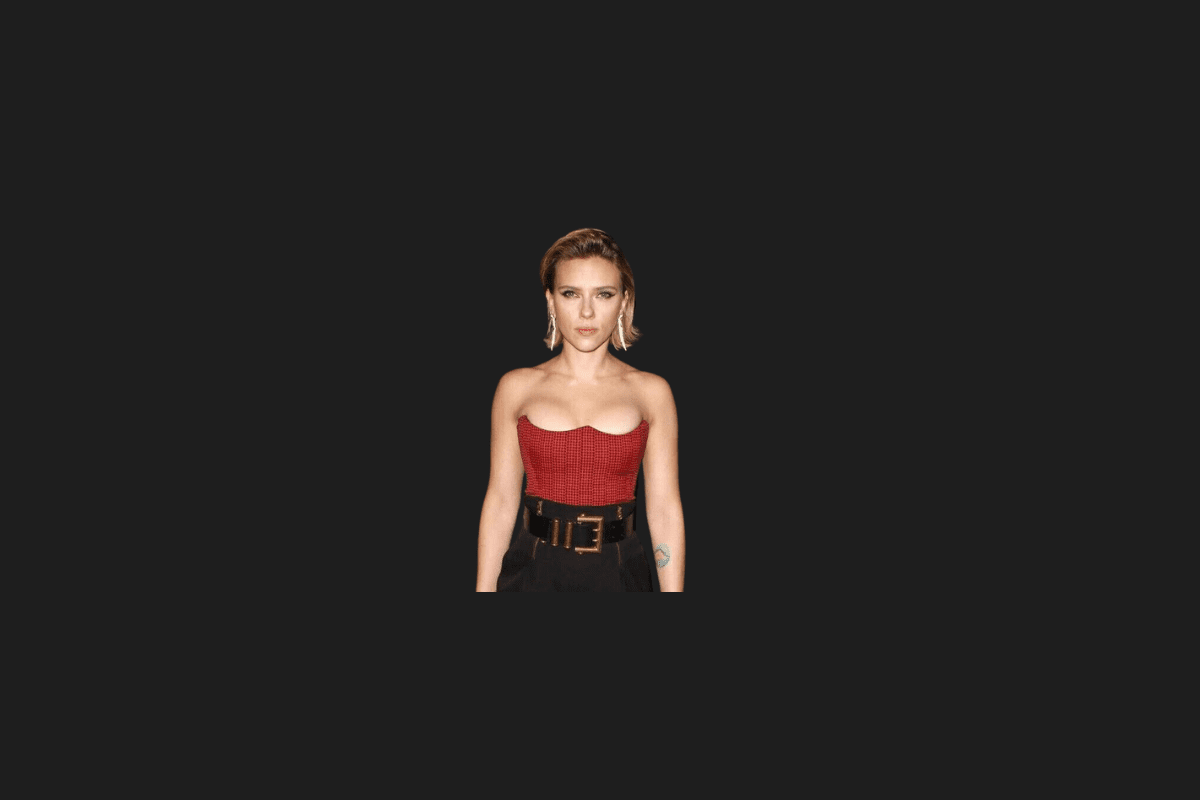The globally recognized actress, Scarlett Johansson, found her likeness used without her permission in an advertisement for an artificial intelligence product.
Having previously faced issues with AI and “deepfake” technology, Johansson has opted to pursue legal action, albeit with reservations about the effectiveness of these measures.
An advertisement lasting 22 seconds for the artificial intelligence (AI) app “Lisa AI: 90’s Yearbook & Avatar” showcased a fabricated image and dialogue, crafted using actual footage of Scarlett Johansson.
Johansson, alongside her legal team, has commenced legal action. Her lawyer, Kevin Yorn, issued a statement, emphasizing that such an incident cannot be overlooked lightly.
The advertisement has since been withdrawn from distribution.
The now-deleted video advertisement started with behind-the-scenes footage from Johansson’s movie set for “Black Widow.” In the AI-generated image within the ad, Johansson appears to speak:
In the advertisement, “Hey kids! I’m Scarlett, and I want you to come with me!” is pronounced, followed by a transition to AI-generated photographs that resemble her. A voice that mimics the actress continues to promote the app, saying, “It’s not just about avatars. You can create images from text and even your own AI videos. I think it’s something you shouldn’t miss.”
Beneath the ad, scrolling text clarifies: “These images are generated by Lisa AI. There is no affiliation with the actual person.”
Johansson isn’t the only celebrity to voice concerns over their name and likeness being used by AI. Tom Hanks also issued a warning last month regarding an advertisement that utilized an AI-generated image of him, shared on his Instagram account.
This occurrence isn’t the first time Johansson’s likeness has been utilized without her authorization. During a 2018 interview with The Washington Post, she discussed the issue of women’s faces being digitally inserted into pornographic videos through “deepfake” technology.
Johansson expressed her concerns, stating, “Nothing can prevent someone from taking my image, or anyone else’s, and attaching it to a different body, making it appear as unsettling and as realistic as possible. Essentially, the internet lacks regulations because, despite U.S. policies that apply only within its borders, the internet still largely operates as a vast, lawless expanse.”
